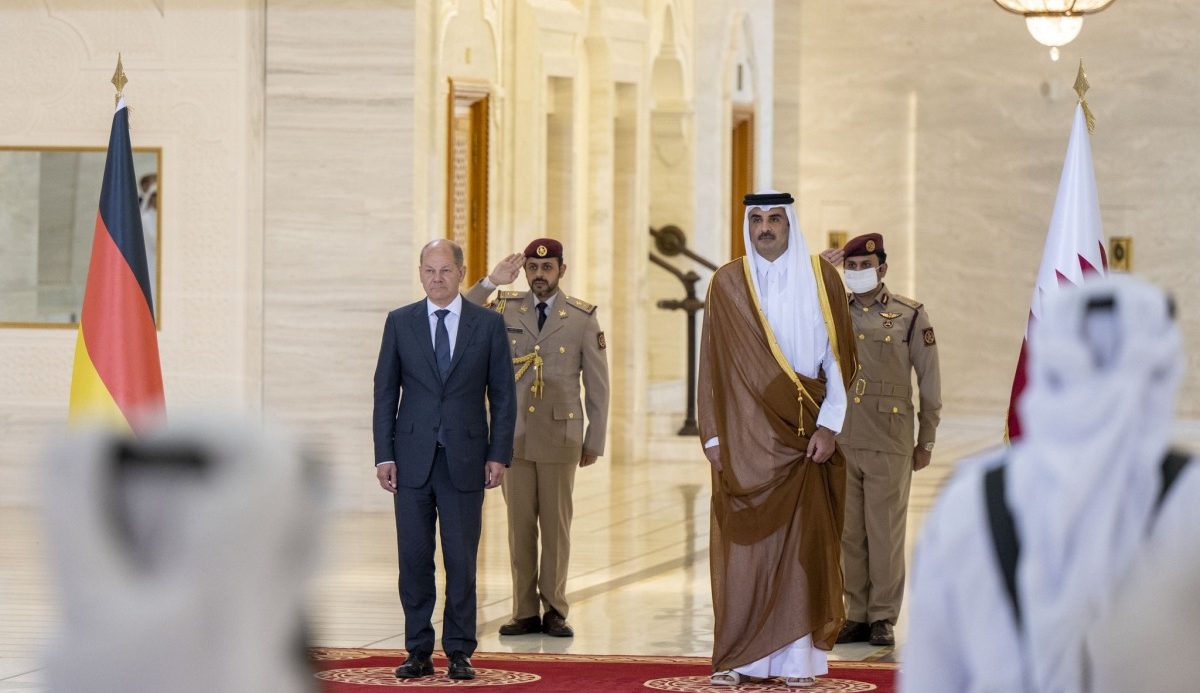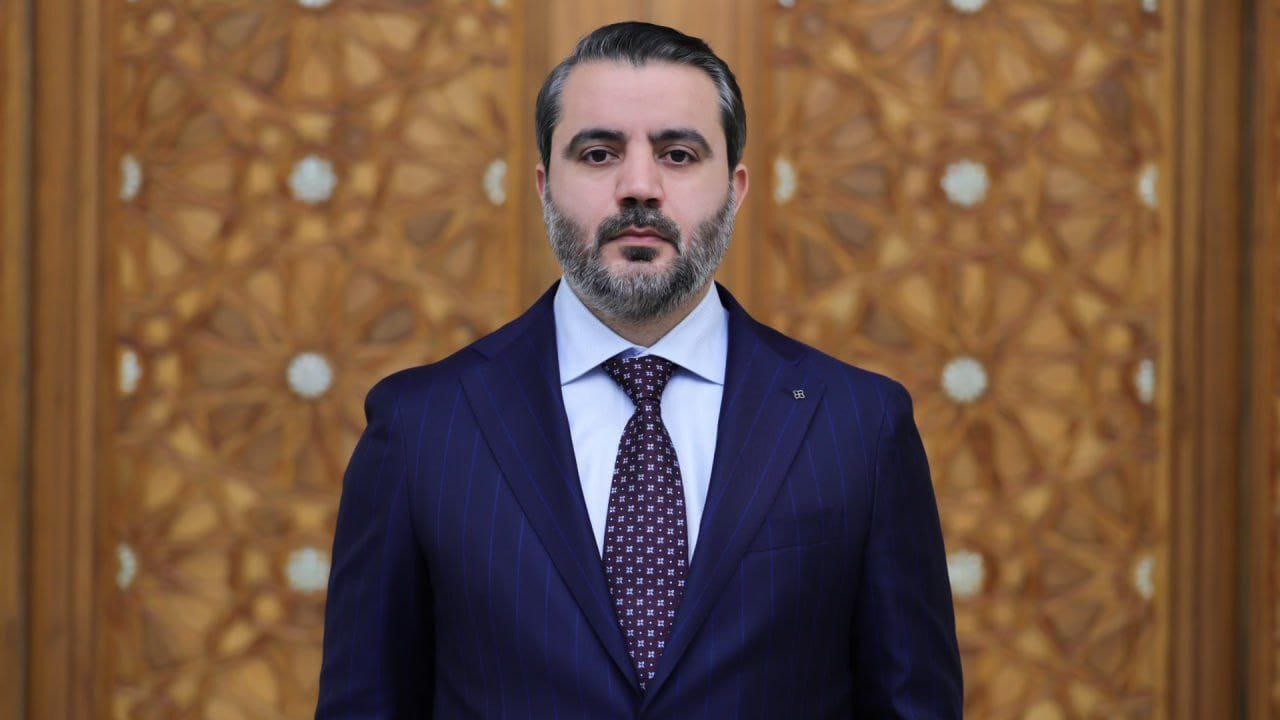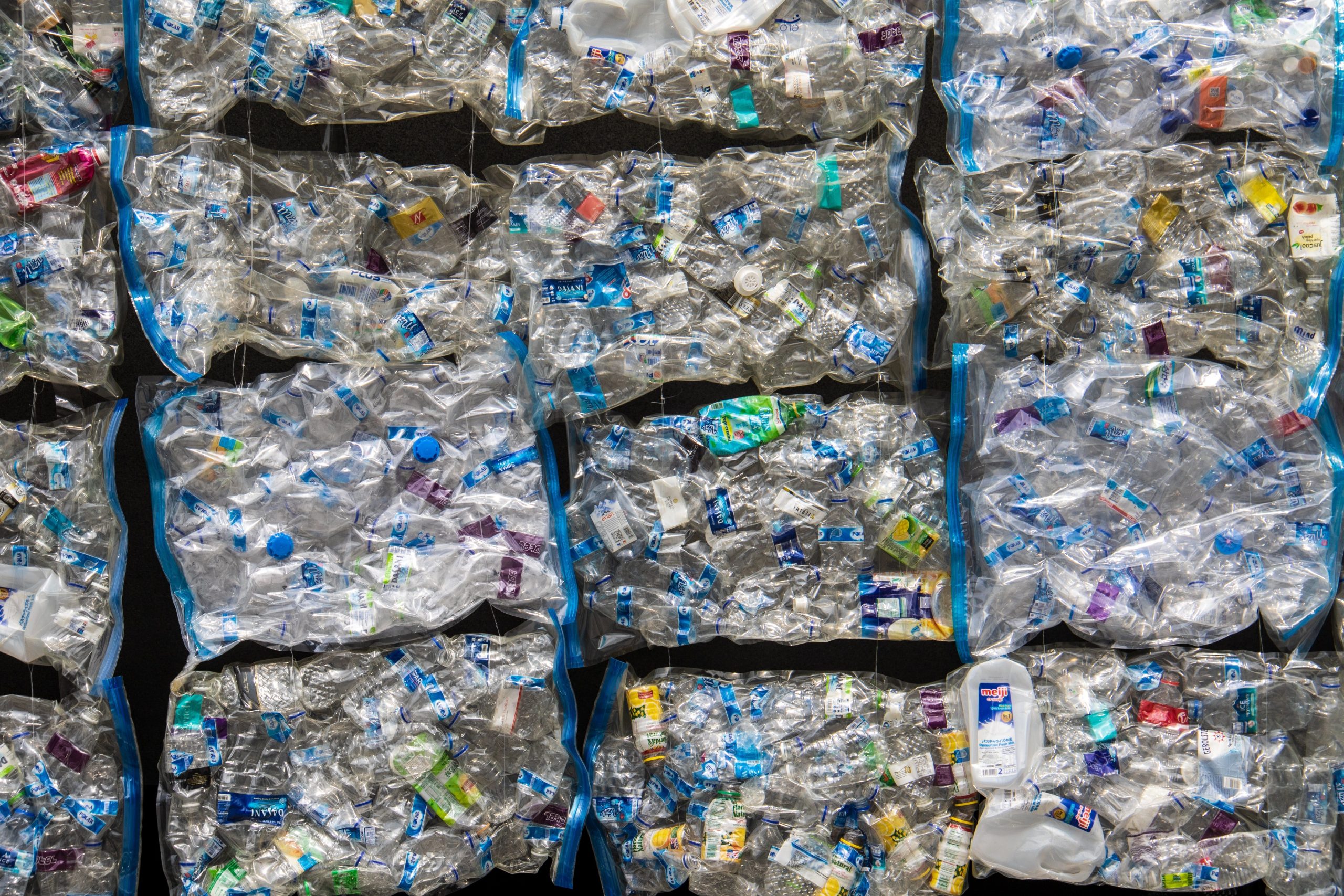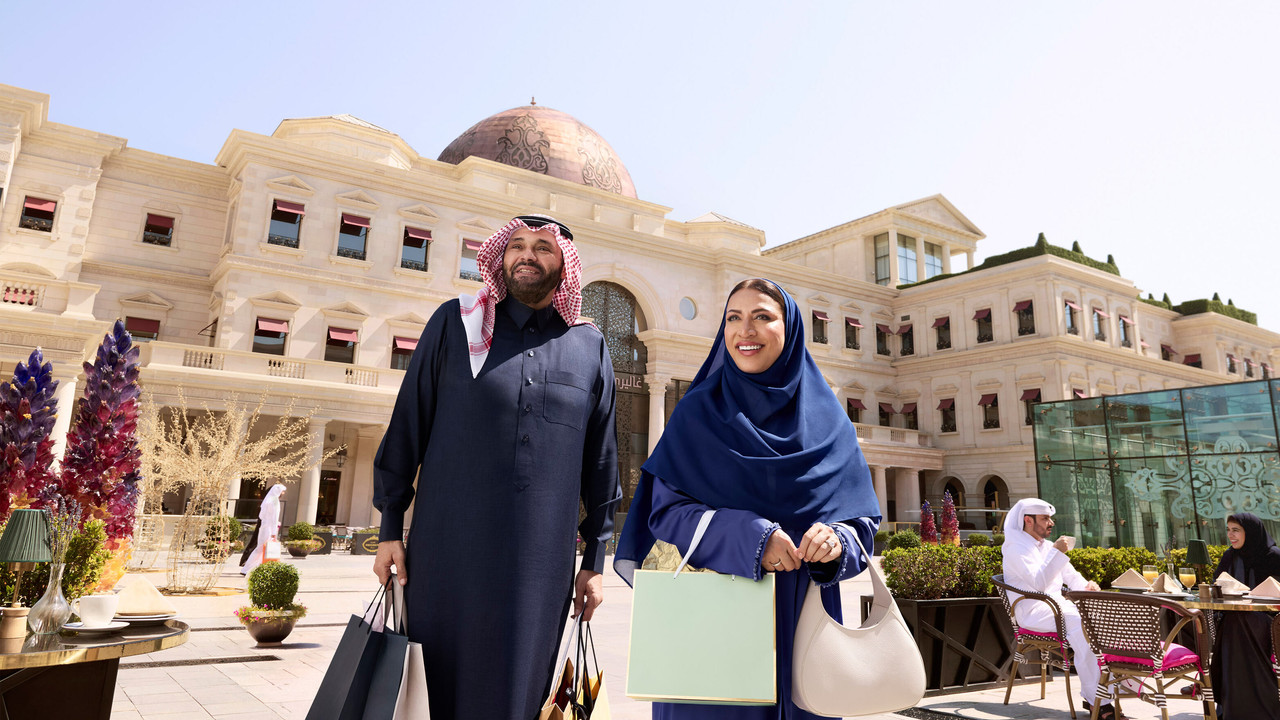Last year, Germany signed a 15-year LNG supply agreement with Qatar, with flows expected to kick start in 2026.
Qatar’s Amir Sheikh Tamim bin Hamad Al Thani is scheduled to visit Germany on Thursday where energy is set to be high on the agenda, Reuters reported on Friday, citing a German government spokesperson.
The Qatari leader is expected to meet German Chancellor Olaf Scholz during his visit to Berlin, his second since May last year.
Sheikh Tamim’s previous visit took place as part of a European tour that included Slovenia, Spain, Germany, the United Kingdom, Switzerland, and France. That came as the region scrambled to secure alternative gas supplies in an effort to ditch heavy dependence on Russian gas, in light of the Ukraine crisis.
Amir Tamim’s previous visit to Berlin saw Qatar and Germany sign an agreement to expand energy cooperation, especially in liquified natural gas (LNG) and hydrogen trade.
Speaking to German news outlet, Handelsblatt at the time, Qatar’s Foreign Minister Sheikh Mohammed bin Abdulrahman Al Thani said his country hopes to start sending LNG to Berlin in 2024.
“We want to have our US Golden Pass liquefied natural gas plant in Texas, in which Qatar Energy holds a 70% stake, ready to deliver to Germany as early as 2024,” Sheikh Mohammed told the media outlet.
Months later, Germany signed a 15-year LNG supply agreement with Qatar, with flows expected to kick start in 2026.
Berlin has been engaged in efforts to diversify its gas sources to step away from its depending on Moscow even prior to the war in Kyiv. Germany previously imported some 42.6 billion cubic meters from Russia.
Other European countries also turned to Qatar for LNG last year, including Italy, the UK, and France. Europe, which was already dealing with an energy crisis, received 40% of its gas supplies from Moscow, with almost a third of the shipments passing through Ukraine.
Qatar has already established its position as a reliable energy partner even before the Ukraine crisis and it is currently on its way to dominate global LNG production with its North Field expansion project.
The multibillion project is the biggest of its kind and is set to boost Qatar’s LNG production by more than 63% by 2026, while adding 48 million tonnes per annum to the global production.
Last week, Qatar’s amir laid the foundation brick for the mega gas project.
Bilateral relations
Other topics on the agenda are to likely include Doha and Berlin’s bilateral ties as well as international developments, including the 2015 nuclear deal and the Syrian crisis.
Germany is a member of the p4+1—which also includes France, the UK, Russia, China—which had engaged in talks since 2021 in Vienna over the restoration of the historic deal, formally known as the Joint Comprehensive Plan of Action (JCPOA).
Qatar has long voiced its support for the restoration of the JCPOA while repeatedly expressing its readiness to mediate between rivals the US and Iran in order to revive the deal.
Last month, Doha’s shuttle diplomacy between the two sides led to a historic prisoner exchange that led to the release of $6 billion in frozen Iranian assets.
In May, Syria topped the agenda for German Foreign Minister Annalena Baerbock’s as she made an official visit to Doha where she met with Qatar’s prime minister.
In a joint press conference at the time, the Qatari and German ministers stressed that the solution to restoring stability to Syria must be “comprehensive”, “just” and should “satisfy the Syrian people.”
The presser came amid a regional wave of normalisation with Syria’s Bashar Al Assad regime, which saw the Arab League allow Syria back into the bloc following more than a decade of isolation.
The bloc suspended the Syrian regime in 2011 as a response to his violent crackdown on peaceful protests, which had plunged the country into war and caused a major refugee crisis.
During the Arab League summit in May, Qatar’s amir left the meeting ahead of Assad’s speech – his first such appearance since Syria was reinstated into the bloc.
The move was widely seen as a clear rejection of Assad’s presence in the regional bloc.







